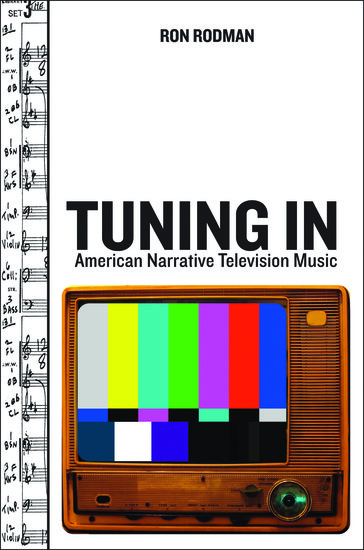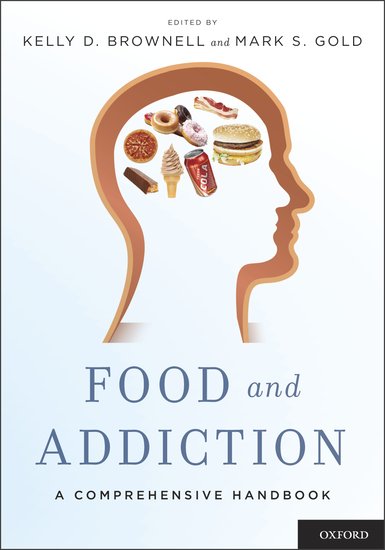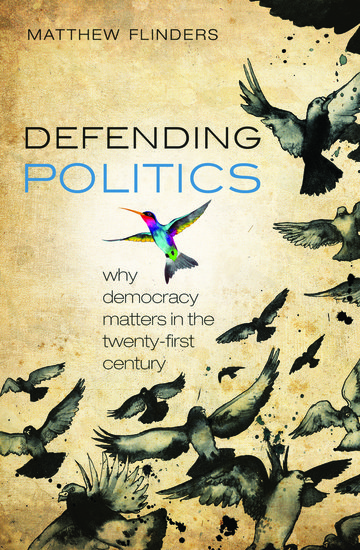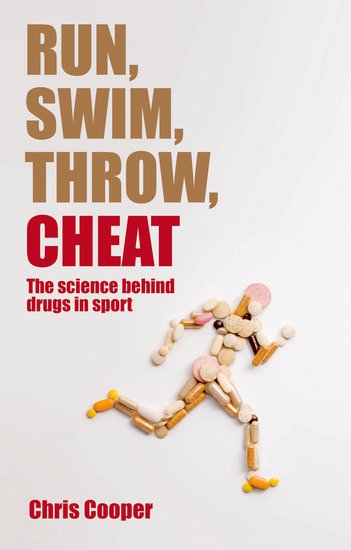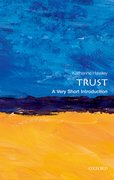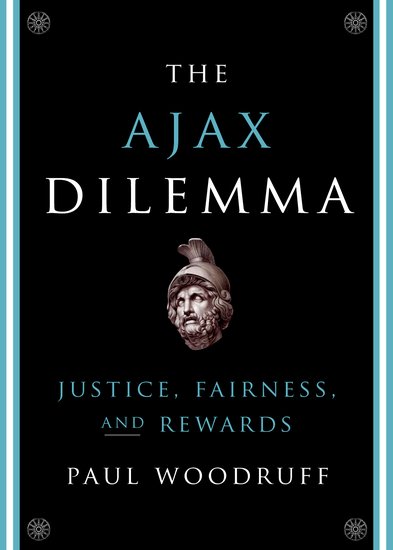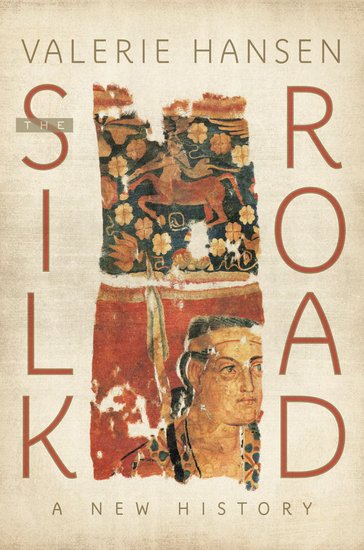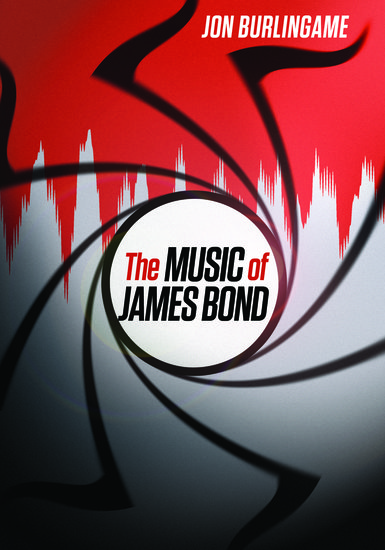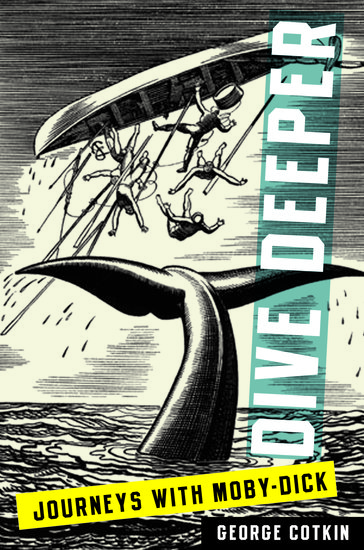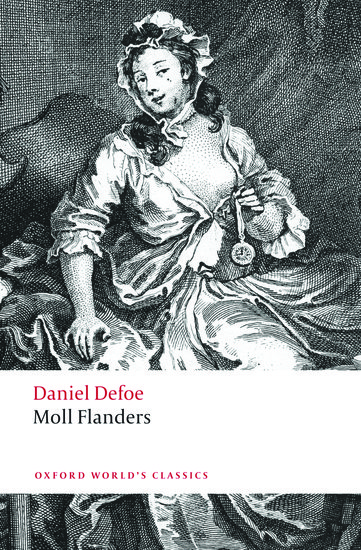Putting the Higgs particle in perspective
By Jim Baggott
On 4 July scientists at CERN in Geneva declared that they had discovered a new particle ‘consistent’ with the long-sought Higgs boson, also known as the ‘God particle’. Although further research is required to characterize the new particle fully, there can be no doubt that an important milestone in our understanding of the material world and of the evolution of the early universe has just been reached.








